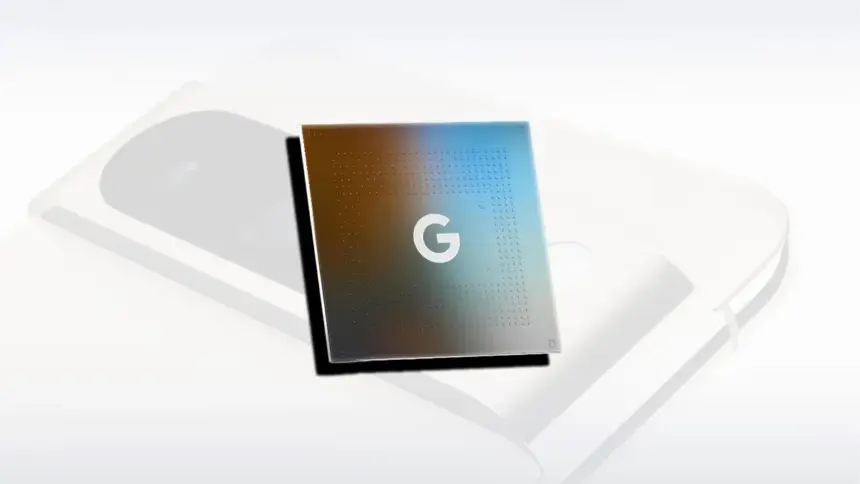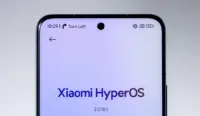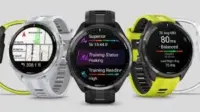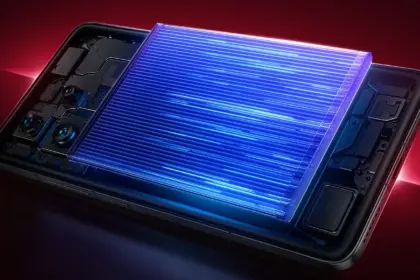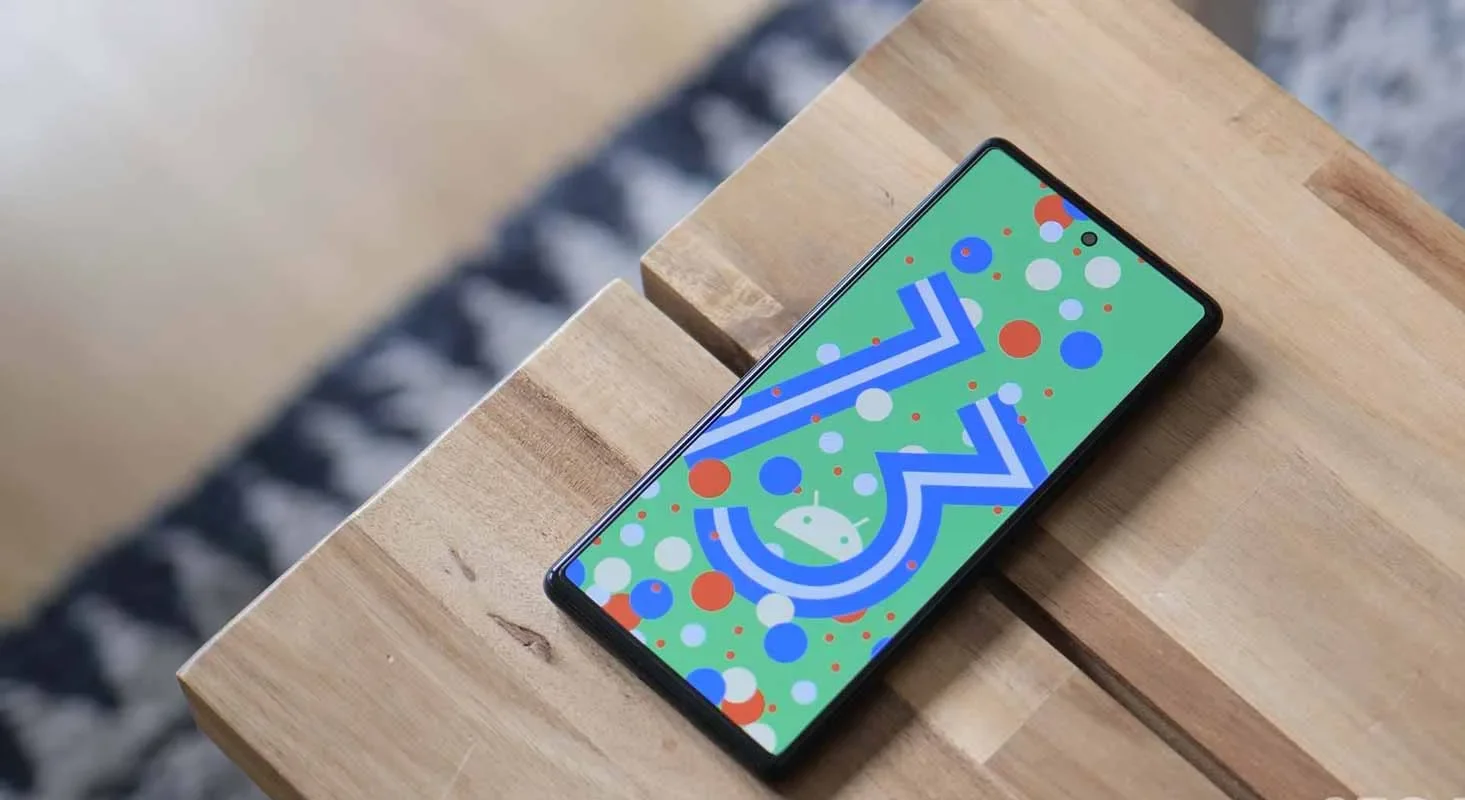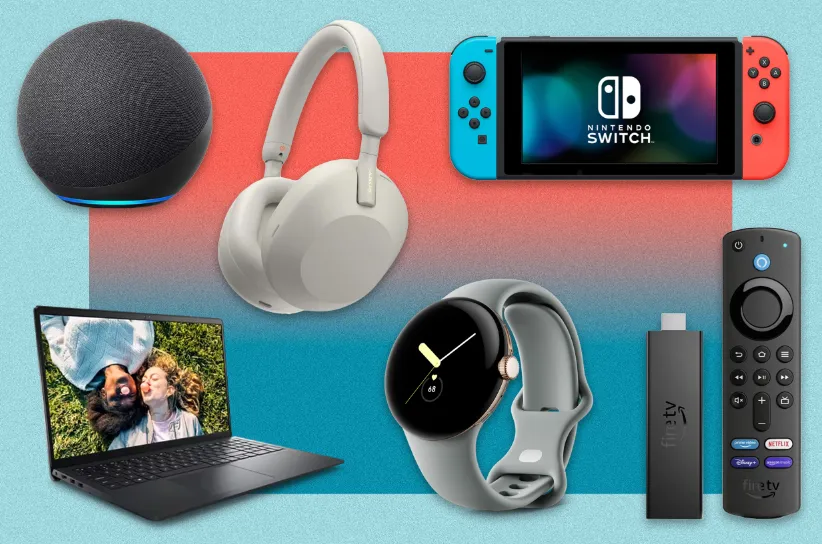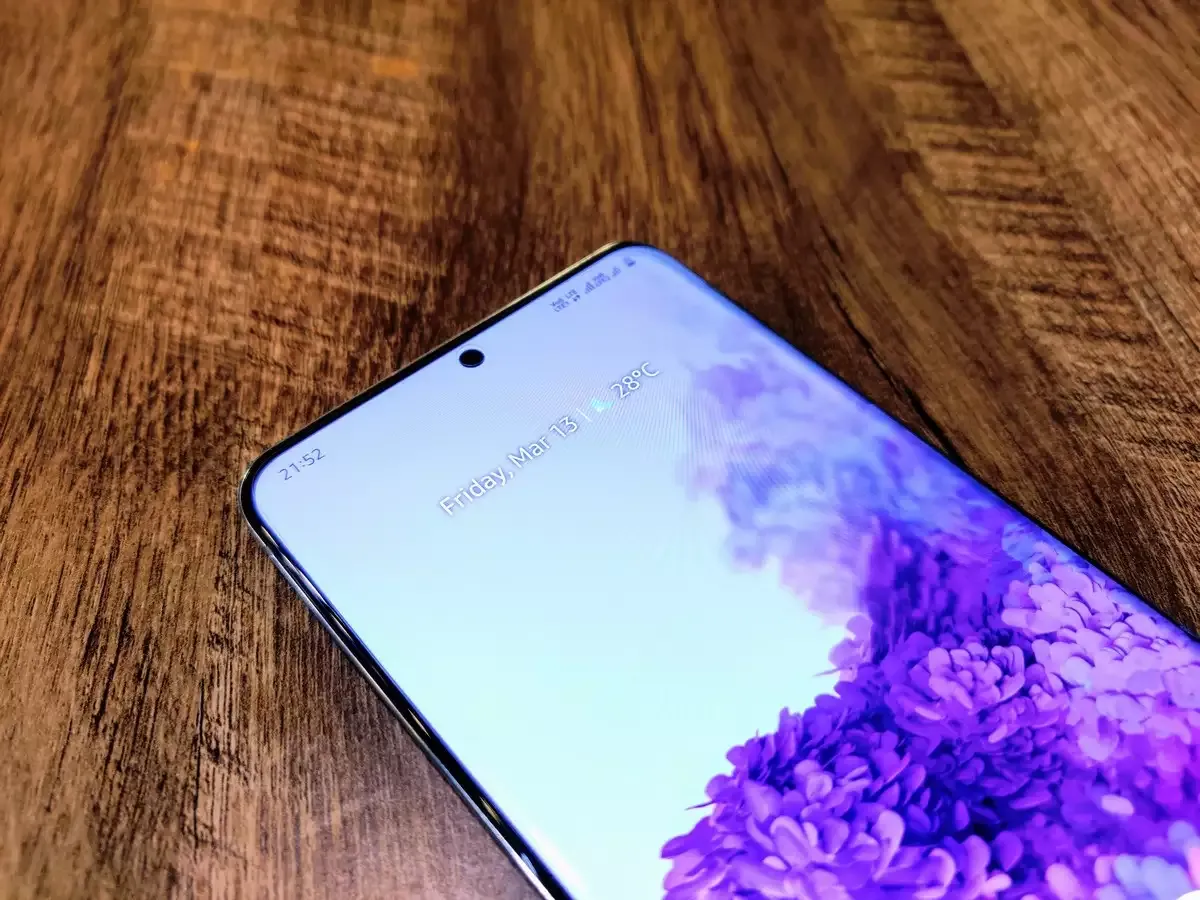Google discusses issues consumers have faced with previous generations when creating the Tensor G6 for the Pixel 11 series, and battery life is predictably a factor. Google discusses how less than 86% of Pixel 6/7 users survived the day in Tensor G6 design/planning docs that Android Authority was able to view (original text: “Pixel 6/7 generation < 86% MITTD”).
“Battery life is always at the top of conjoint research,” the statement reads. Along with the notion that “Good battery life attracts user & drives loyalty with increased satisfaction,” none of that is really shocking.
Of note is a line about how “Users expect 36 hrs of battery life.” In context, that’s presumably what Google found after surveying users.
It is unclear if Google intends to fulfill that expectation with Tensor G6 and Pixel in the future or if it is merely something they are considering. Google boasts “24+ hour battery life” on the specs list for the Pixel 9 series, yet the Pixel 6 Pro-8 Pro has “Beyond 24-hour battery life.
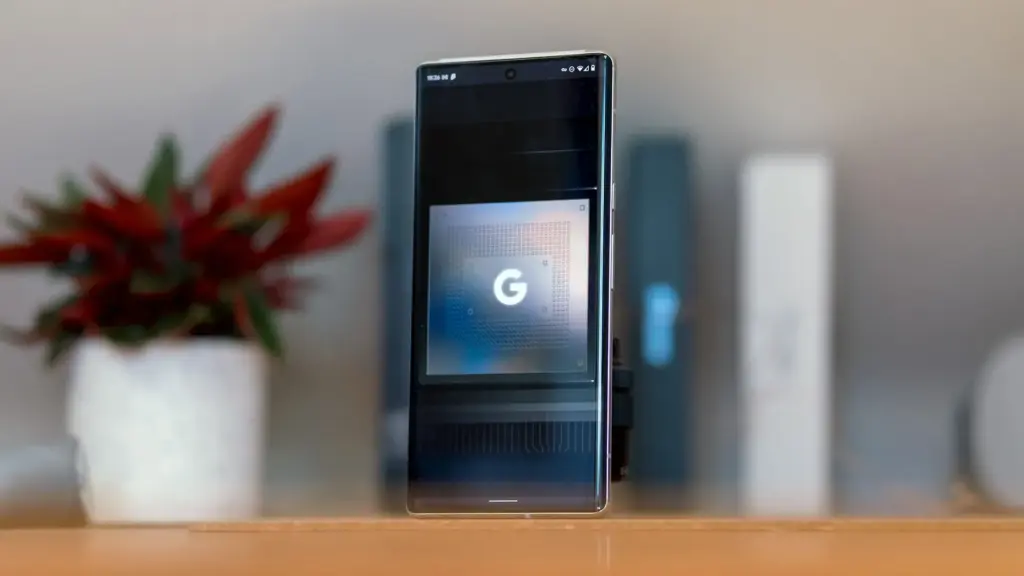
The Extreme Battery Saver life has increased each time, reaching up to 100 hours this year after reaching up to 48 hours on the 6 Pro and 72 hours on the 7/8 Pro.
If a user forgets to charge their phone overnight, the 36-hour battery life may allow them to continue with their day. Accidents do occur, but most people are now conditioned to plug in at the end of the day. The remainder of the paper discusses the necessity of lowering the chip’s price since “Tensor based Pixel applications have not accomplished our financial targets.” In particular, “~$65 to make this business viable” is the goal.
To achieve that, the aim is to make Tensor G6 physically smaller than the G5 (121 mm² to 105 mm²), and removing various components. For example, the GPU will drop ray tracing support after introducing it a generation earlier. Other examples include removing cores and reducing caches across the chip. Of course, none of this is finalized yet.






